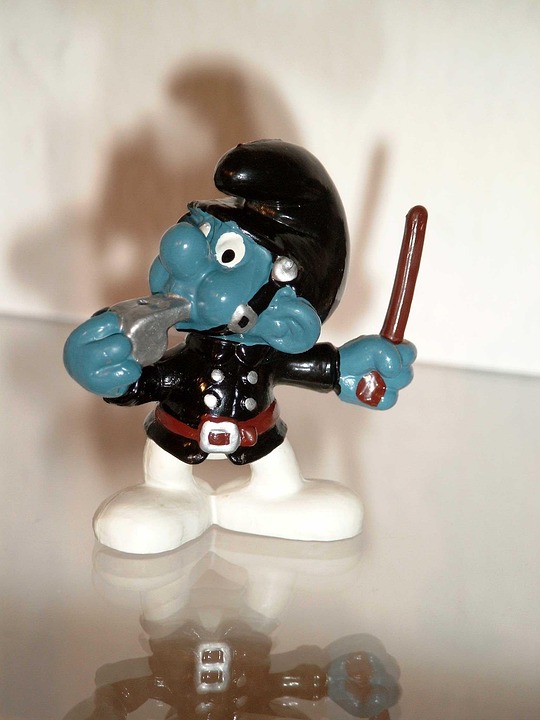Essential Interview Guides for Detective Constables: Tips and Techniques for Success
Embarking on a career as a detective constable is an exciting yet challenging journey. The interview process is often the first significant hurdle, demanding not only a keen understanding of law enforcement principles but also a deft approach to problem-solving and communication. Here’s a guide to help you navigate this crucial stage with finesse.
Understanding the Role
Before stepping into the interview room, it’s imperative to grasp the essence of the detective constable position. This role isn’t merely about solving crimes; it encompasses a myriad of responsibilities, including conducting investigations, gathering evidence, and interviewing witnesses. Familiarise yourself with the key skills required: analytical thinking, attention to detail, and excellent interpersonal skills.
-
Research the Organisation
Knowledge is power. Delve into the police force you’re applying to. Understand their values, recent initiatives, and the communities they serve. Tailoring your responses to reflect their ethos can set you apart from other candidates. -
Know the Recruitment Process
Familiarity with the recruitment stages can alleviate anxiety. Expect to face competency-based questions, scenario assessments, and possibly a situational judgement test. Prepare by reviewing common questions and rehearsing your answers, ensuring they illustrate your relevant experience and skills.
Mastering the Interview Techniques
Articulating your thoughts during the interview can be daunting, but employing effective techniques can bolster your performance.
-
STAR Technique
Utilise the STAR method (Situation, Task, Action, Result) to structure your answers. This approach allows you to narrate your experiences succinctly while showcasing your problem-solving abilities. -
Behavioural Questions
Anticipate questions such as, “Can you describe a time you faced a challenging situation?” or “How do you handle conflict within a team?” Reflect on your past experiences and prepare compelling stories that demonstrate your qualifications.
- Demonstrate Emotional Intelligence
As a detective constable, navigating human emotions is crucial. Highlight instances where your empathy and understanding positively impacted a situation.
Practising for Success
Preparation doesn’t stop at understanding the role or mastering techniques; practice is key.
-
Mock Interviews
Engage in mock interviews with peers or mentors who can provide constructive feedback. This not only helps in refining your answers but also boosts your confidence. -
Body Language Matters
Remember that communication extends beyond words. Your posture, eye contact, and gestures can convey confidence and professionalism. Practise maintaining an open and approachable demeanour.
- Questions for the Interviewer
At the end of the interview, you’ll likely be invited to ask questions. Prepare thoughtful queries that reflect your genuine interest in the role and the organisation. Inquiring about team dynamics or ongoing training opportunities can demonstrate your commitment to personal and professional development.
Embracing the Outcome
Regardless of the outcome, each interview is a valuable learning experience. Reflect on what went well and what could be improved. This mindset will serve you well in your future endeavors, whether in subsequent interviews or throughout your career.
In the realm of detective constables, the journey to success is paved with preparation, understanding, and practice. With these essential tips and techniques at your disposal, you’ll approach your interview with renewed confidence and clarity.
CVPortal continues to bring you a range of high-quality resume references to support your career aspirations.


